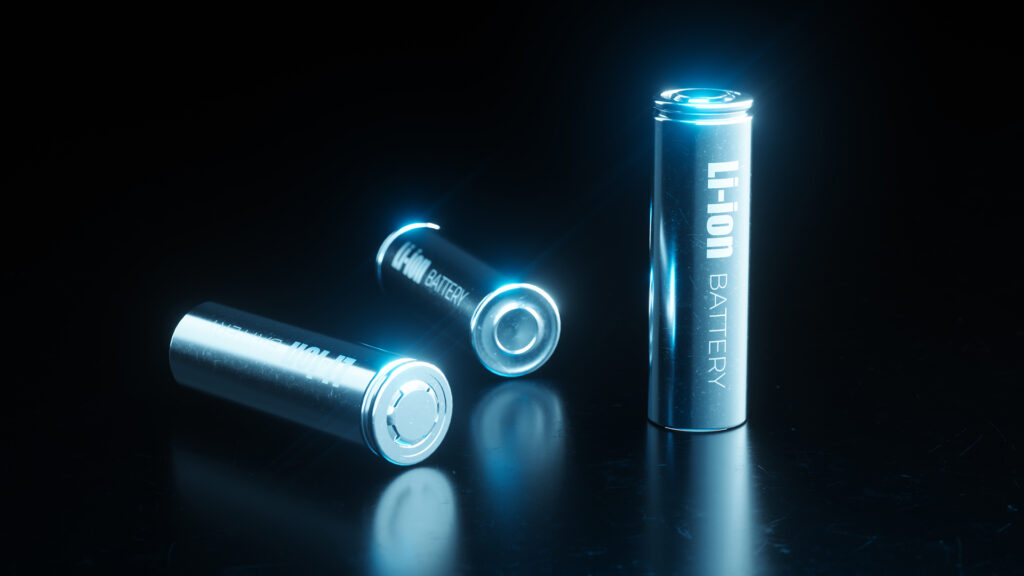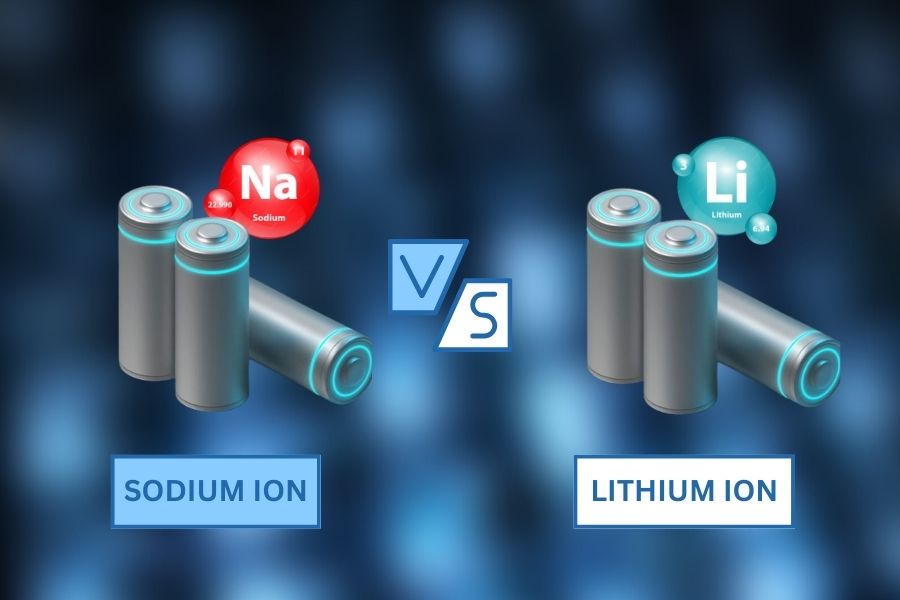INTRO:
Lithium, the lightest metal on the periodic table, has gained significant attention in recent years due to its crucial role in lithium-ion batteries, which power various devices and electric vehicles. However, the benefits of lithium extend far beyond its application in battery technology. In this article, we will explore the diverse business benefits of lithium and shed light on five challenges associated with its extraction and utilization.

Section 1: The Business Benefits of Lithium
1. Electrification and Energy Storage:
Lithium’s foremost business benefit lies in its pivotal role in the electrification of various sectors. The increasing adoption of electric vehicles and renewable energy systems heavily relies on lithium-ion batteries. Businesses venturing into the production of lithium-ion batteries or investing in electric mobility and energy storage solutions can tap into a rapidly growing market and contribute to a more sustainable future.
2. Sustainable Energy Transition:
Lithium serves as a catalyst for the transition from fossil fuels to cleaner energy sources. By supporting the development of renewable energy technologies, businesses can benefit from the ongoing global shift towards sustainability. Investments in lithium-based energy storage systems, such as grid-scale batteries, provide opportunities for businesses to participate in the decarbonization of the power sector.
3. Electronics and Consumer Goods:
Lithium’s lightweight and high-energy density properties make it indispensable in the production of portable electronic devices, such as smartphones, laptops, and tablets. Businesses involved in the consumer electronics industry can leverage the demand for lithium-powered devices by offering innovative products and solutions.
4. Medical and Pharmaceutical Applications:
Lithium compounds have been widely used in the treatment of mental health disorders, such as bipolar disorder. Additionally, ongoing research suggests potential applications of lithium in neurodegenerative diseases and regenerative medicine. Businesses exploring the pharmaceutical sector can benefit from the therapeutic properties and emerging medical applications of lithium.
5. Industrial Applications:
Lithium finds its utility in various industrial applications, including ceramics, glass manufacturing, lubricants, and air conditioning systems. Businesses operating in these sectors can take advantage of lithium’s unique properties to enhance product performance, energy efficiency, and overall sustainability.
Section 2: Challenges in Obtaining Lithium
1. Limited Global Reserves:
One of the primary challenges associated with lithium is the limited availability of economically viable reserves. The majority of lithium deposits are concentrated in a few countries, leading to concerns about supply chain vulnerabilities and geopolitical dependencies.
2. Environmental Impact of Extraction:
The extraction of lithium from mineral deposits involves significant environmental impact. The process requires large amounts of water and can result in water pollution and soil degradation. Additionally, conventional extraction methods consume substantial energy and emit greenhouse gases.

3. Complex Extraction Techniques:
Lithium extraction often involves complex techniques, such as brine pumping, underground mining, and chemical processing. Implementing these techniques requires substantial investment, technical expertise, and adherence to stringent environmental regulations.
4. Battery Recycling and Waste Management:
As the demand for lithium-ion batteries increases, proper recycling and waste management become crucial. The recycling processes for lithium-ion batteries are still evolving, and the industry faces challenges in developing efficient and cost-effective recycling technologies.
5. Cost and Price Volatility:
The cost of lithium can be subject to significant fluctuations due to various factors, including supply and demand dynamics, changes in extraction methods, and geopolitical factors. Such price volatility can pose challenges for businesses relying on lithium as a key input.
Conclusion:
Lithium offers diverse business benefits, ranging from its application in energy storage and electrification to its presence in consumer goods and medical sectors. However, challenges exist in obtaining lithium, including limited reserves, environmental concerns, complex extraction techniques, recycling issues, and price volatility. Addressing these challenges through sustainable practices, technological advancements, and collaborative efforts will be crucial for businesses aiming to harness the full potential of lithium while minimizing its negative impact.
By leveraging the benefits of lithium and proactively addressing the associated challenges, businesses can position themselves as pioneers in the clean energy transition and contribute to a more sustainable and prosperous future.